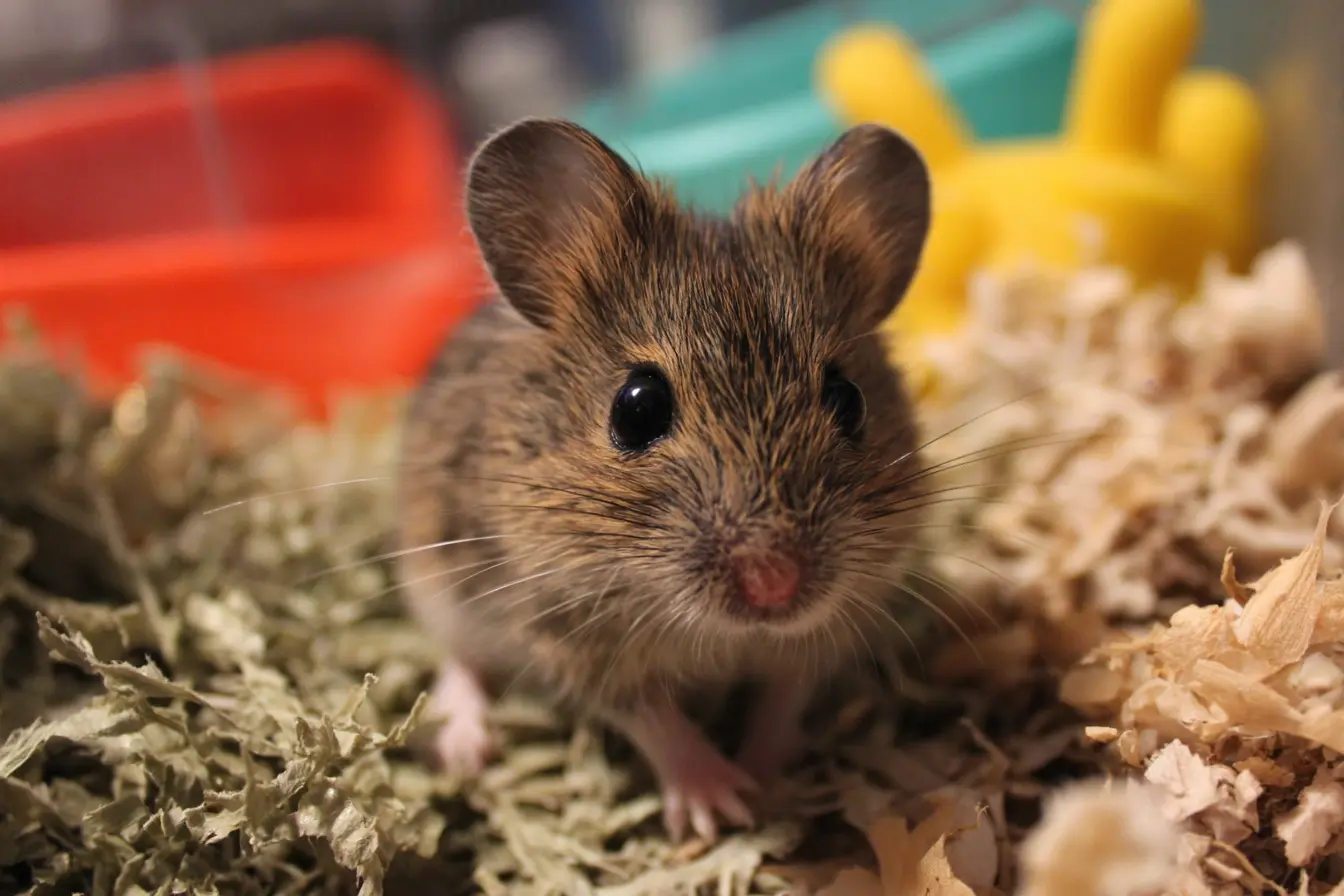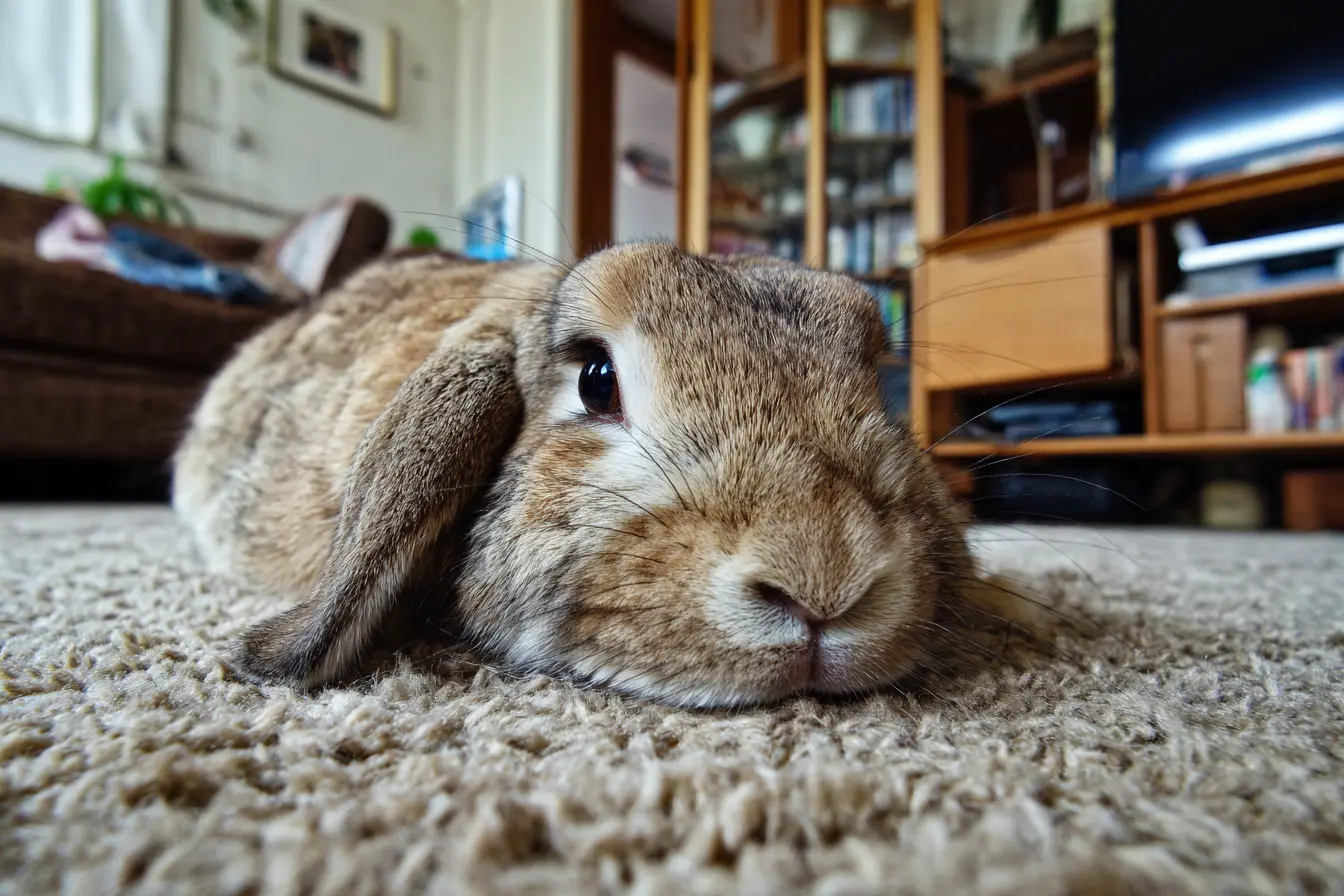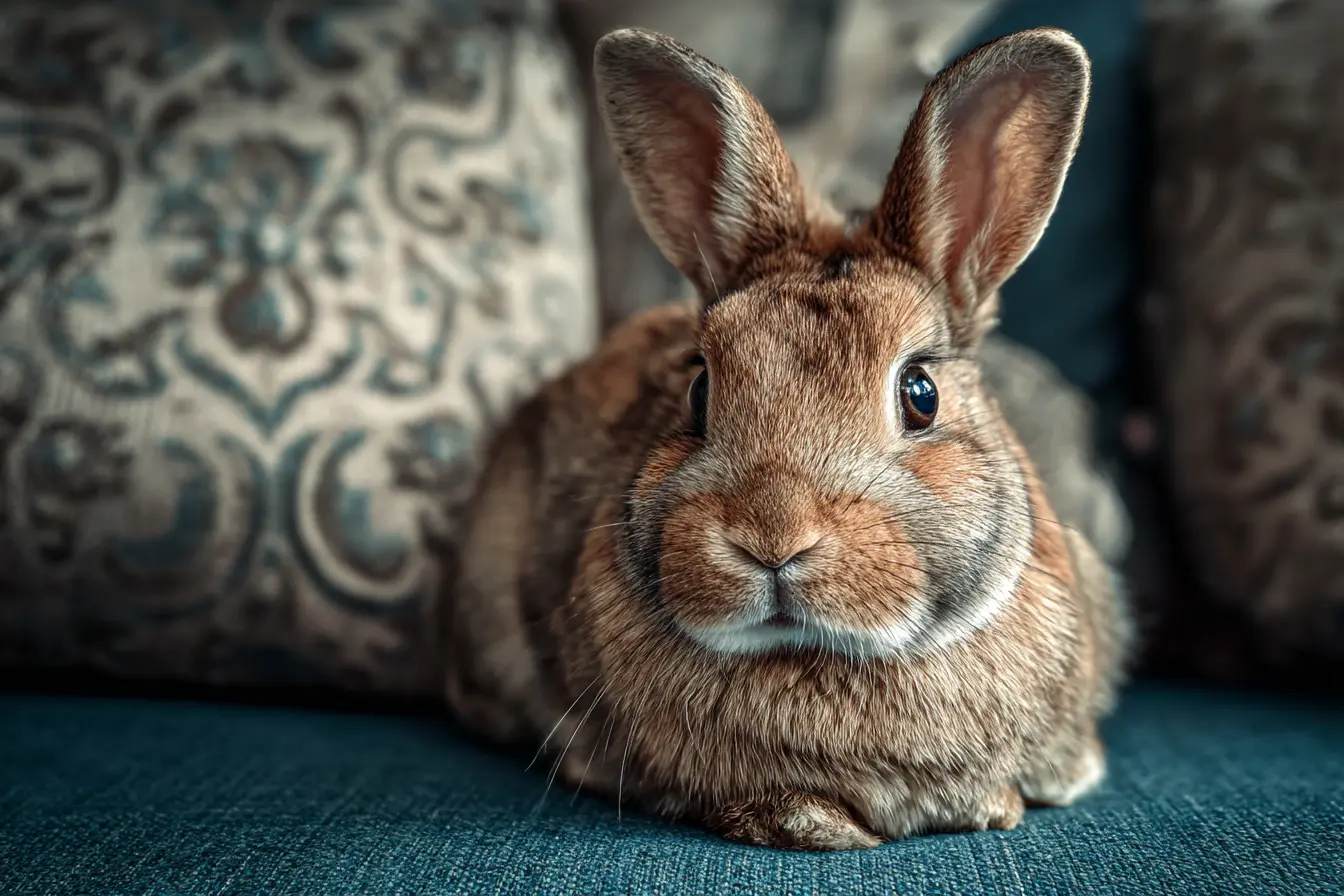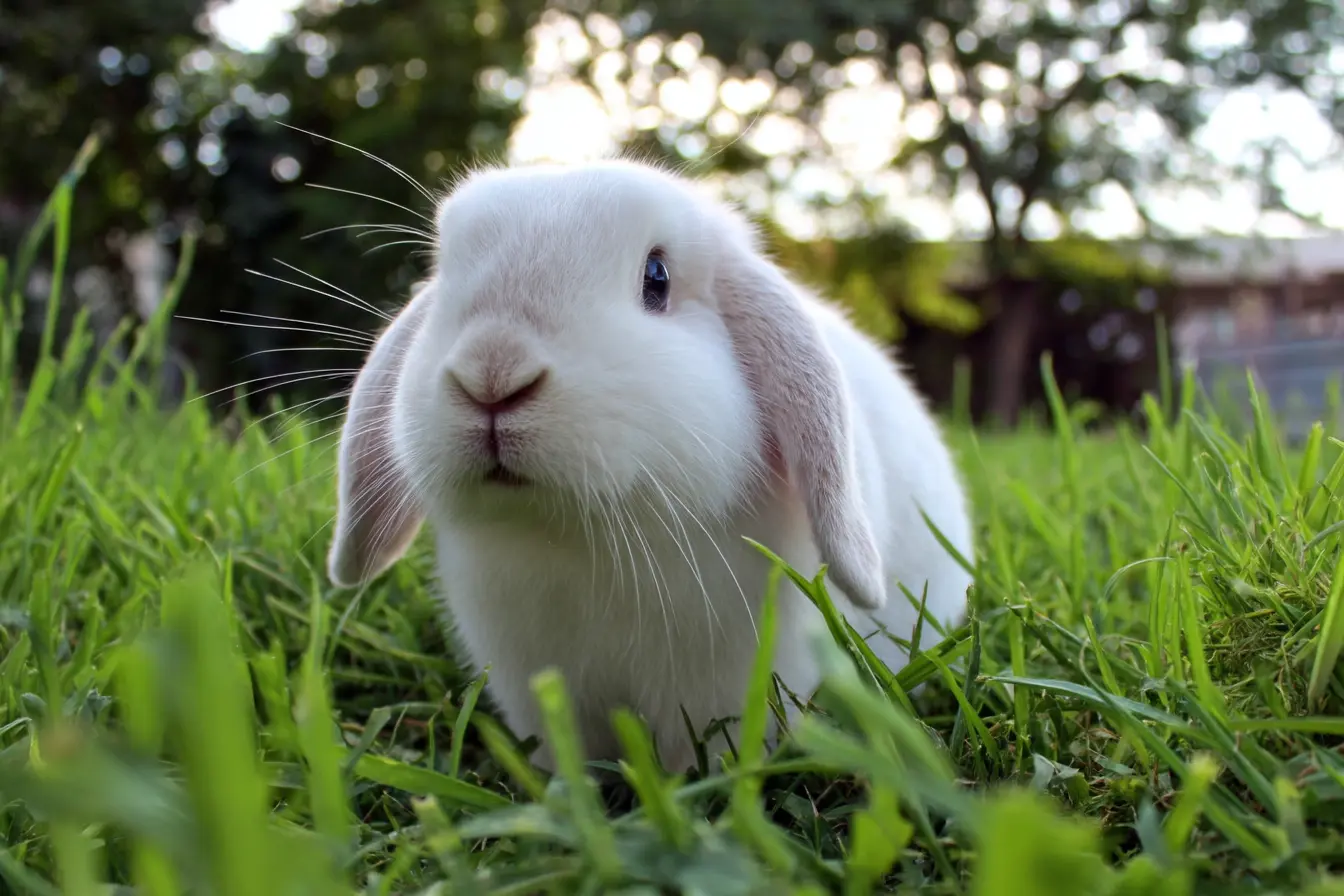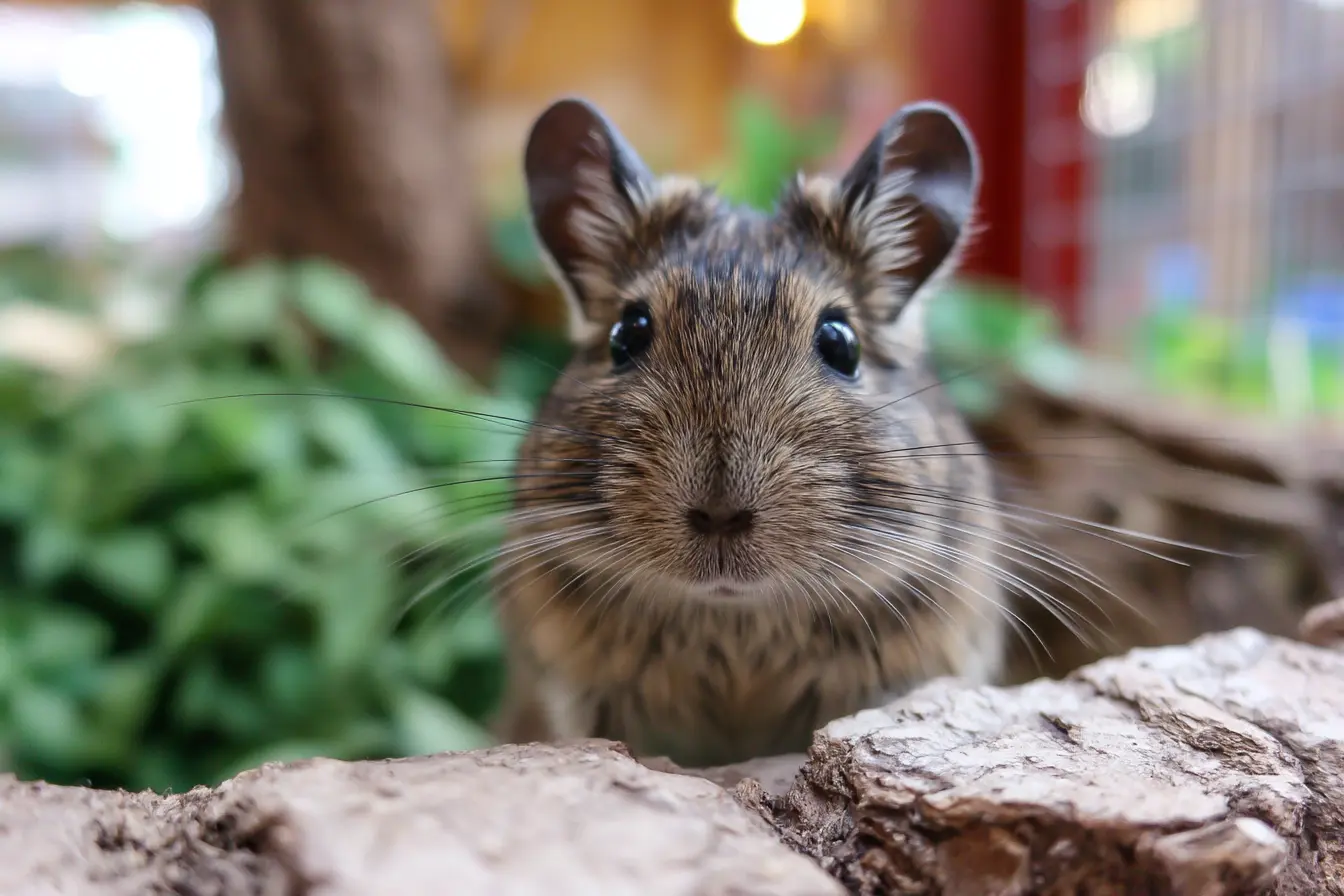
How to Play with Your Degus: Bonding Through Fun and Enrichment
Degus are intelligent, curious, and social creatures that thrive on interaction and mental stimulation. Playing with your degus isn't just about entertainment; it's essential for their physical health, emotional wellbeing, and the strength of your bond. This guide will help you understand how to play with your degus safely and meaningfully, while keeping their instincts and needs in mind.
Why Play Matters for Degus
Degus are active during the day (diurnal), making them ideal companions for owners who are home during daylight hours. In the wild, they spend their time foraging, exploring, and interacting with other degus. Without mental and physical enrichment, pet degus can become bored, depressed, or destructive.
Playing with your degus provides:
- Mental stimulation
- Physical exercise
- Social bonding
- Reduced stress
- Prevention of behavioural problems
Building Trust Before Play
Before initiating play, you need to build trust. Degus are prey animals and may be nervous at first. Start with gentle interactions in their cage, using treats and calm voices.
Steps to build confidence:
- Sit quietly near the cage daily
- Offer treats from your hand through the bars
- Let them come to you – never grab from above
- Offer open palms for climbing once they’re comfortable
Only move to more interactive play once your degus are relaxed around you.
Safe Play Areas
Before letting your degus out of their cage, create a safe, enclosed area where they can explore and play without danger.
Degu-proofing includes:
- Blocking off holes and gaps they could escape through
- Removing wires, toxic plants, or sharp objects
- Lining the area with washable mats or fleece
- Providing hideouts and climbing platforms
A playpen or enclosed space in a quiet room works well. Always supervise during out-of-cage time.
Fun Games and Activities for Degus
Tunnels and Mazes
Create a cardboard tunnel system or maze using boxes and tubes. Let them explore, chew, and navigate their way through. You can add treats at the end to encourage problem-solving.
Foraging Games
Scatter their food or hide it in cardboard rolls, hay, or treat balls. This simulates natural foraging behaviour and keeps them engaged.
Climbing Frames
Degus love to climb. Use wooden platforms, ladders, and branches to create a mini jungle gym either in their cage or play area. Rotate the layout regularly for novelty.
Chase the Treat
Use a treat on a string or a small spoon to encourage them to follow you around. It’s a great way to get them moving and teach them to associate playtime with fun.
Obstacle Courses
Arrange soft objects, tubes, and ramps for your degus to navigate. Teach them simple routes and reward them when they complete the course.
Interactive Toys
Use puzzle feeders, balls with holes, and other rodent-safe toys. Avoid plastic that can be chewed and swallowed.
Mirror Play
Some degus enjoy looking at their reflection. Place a mirror safely outside the cage (never inside, as it may stress them or get chewed).
Follow the Leader
Once your degus trust you, they may follow your hand or even your footsteps in a small space. Use this for interactive movement games.
Handling During Play
Keep handling gentle and consistent. Scoop them up from underneath using both hands or guide them into a tunnel or box if they’re reluctant. Avoid chasing or grabbing – this breaks trust.
Let them climb on your lap, shoulders, or arms at their own pace. Never lift them by the tail, as it can easily injure them.
Signs Your Degus Are Enjoying Playtime
- Approaching you voluntarily
- Popcorning (little jumps of joy)
- Exploring with curiosity
- Squeaking softly or chattering
- Engaging with toys and each other
If they run and hide, squeal loudly, or freeze, they may be scared or overstimulated. In this case, take a break and try again later.
Final Thoughts
Playing with your degus is not only fun but essential for their wellbeing. With patience and creativity, you can develop a strong bond and provide a stimulating, joyful environment for your little companions. Make playtime a daily habit, and you’ll soon see your degus thrive.
Vets near you
Speciality vets
- Aquatics vet specialists
- Birds vet specialists
- Camelids vet specialists
- Cats vet specialists
- Cattle vet specialists
- Deer vet specialists
- Dogs vet specialists
- Equines vet specialists
- Exotic vet specialists
- Goats vet specialists
- Pigs vet specialists
- Poultry vet specialists
- Sheep vet specialists
- Small Mammals vet specialists
- Wild vet specialists
Vet facilities
- Accessible by public transport
- Blood testing
- Car park nearby
- Client car park
- Dentistry
- Diagnostic imaging
- Disabled public access
- Flea and worm treatments
- Microchipping
- Mobile services
- Neutering
- Open at weekends
- Out-of-hours service
- Referral interests
- Referrals only
- Street parking outside
- Toilets available
- Vaccinations
